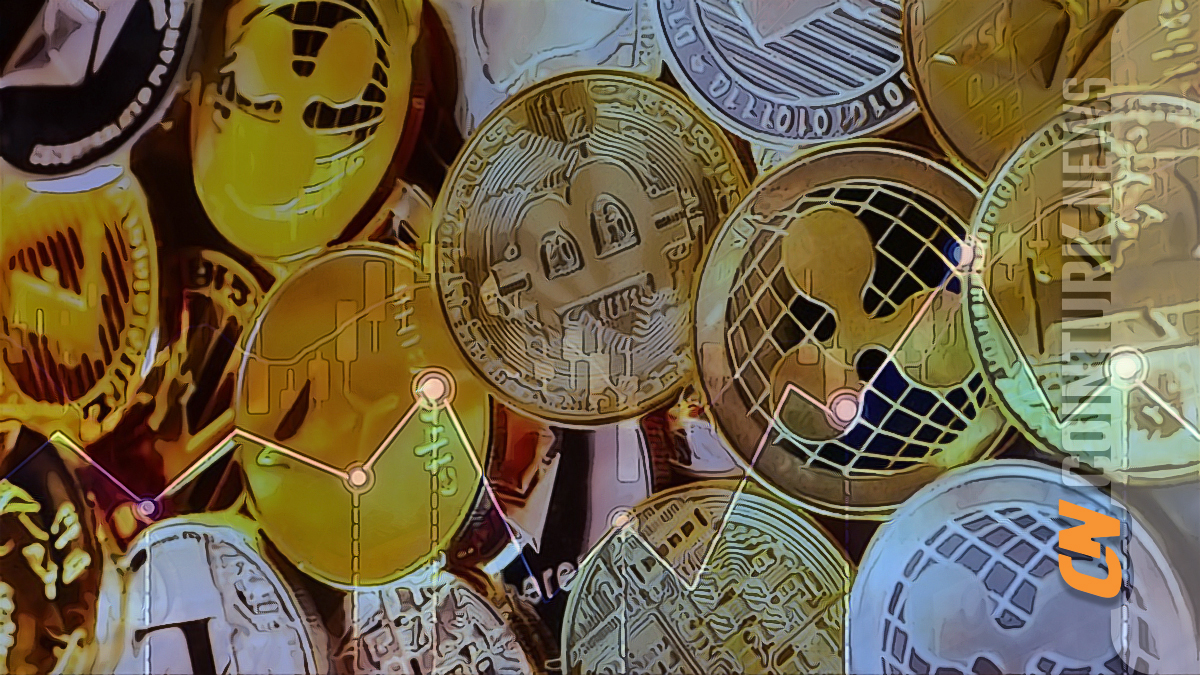New Law in Oklahoma Establishes Legal Framework for Blockchain
Oklahoma Governor Kevin Stitt has recently put his signature on a groundbreaking bill that sets up a legal framework specifically for blockchain technology and digital assets.
This decisive move aims to position Oklahoma as a hub for digital innovation, ensuring that the state remains at the forefront of technological advancement in the crypto industry.
Oklahoma Introduces Legal Protections in Crypto
The newly signed law is a robust step towards integrating blockchain into everyday practices by eliminating restrictive measures on the usage of cryptoassets.
Specifically, the law ensures that these assets, when used for legal transactions or held in self-custody, will not be burdened by any additional taxes or fees that aren’t imposed on traditional payment methods.
This provision showcases Oklahoma’s commitment to fostering a business-friendly environment that respects the autonomy of digital transactions.
Introduced by State Representative Brian Hill in January, this legislation also addresses the specifics of crypto mining. It allows residents to engage in mining operations within residential zones, provided they comply with local noise ordinances.

On the other hand, businesses operating in industrial zones will not face any new noise restrictions aside from existing regulations. This balanced approach ensures that the growth of the crypto industry does not disrupt community standards.
Oklahoma’s Classification of Blockchain is a Win
Under this new legal structure, blockchain is defined comprehensively. It is described as data shared across a network that creates a ledger of verified transactions.
These transactions are maintained through cryptography, which secures the integrity of data exchanges and facilitates updates among network participants. This definition covers not only the technical aspects but also the operational dynamics of blockchain technology.
The law further elaborates on several key terms in the blockchain and digital asset ecosystem:
- Digital Assets: This includes cryptocurrencies, stablecoins, non-fungible tokens (NFTs), and other digital-only assets that confer economic or proprietary rights.
- Digital Asset Mining: Defined as the process of using electricity to power computers or nodes that secure blockchain networks.
- Node: A computational device that maintains and updates a blockchain copy, ensuring the ledger’s accuracy and up-to-date status.
- Self-Hosted Wallets and Hardware Wallets: Tools that allow users to securely store and manage their digital assets independently of third-party services.
Framework Supports Miners and Node Operators
Sections of the law detail the legalities surrounding digital asset mining and the operation of nodes. For instance, individuals engaged in home mining must adhere to local noise standards but will enjoy the freedom to mine without facing discriminatory regulatory practices.
Similarly, crypto mining businesses are allowed to operate within industrially zoned areas without facing additional noise-related restrictions beyond what is already required for other industrial entities.
Additionally, the law stipulates that operating a node or engaging in staking—committing digital assets to support a blockchain network—does not require a money transmitter license.
This significant ruling opens up the field for more individuals and businesses to participate in blockchain operations without undergoing the cumbersome and often costly licensing processes typically associated with financial services.
One of the most crucial aspects of the legislation is the protection it offers to crypto owners. The law explicitly states that neither the state nor local governments can impose taxes or charges on crypto transactions unless similar liabilities exist for transactions conducted with U.S. legal tender.
Moreover, any attempts by local governments to rezone areas to disadvantage mining operations can be legally contested, providing a safeguard against discriminatory practices.






